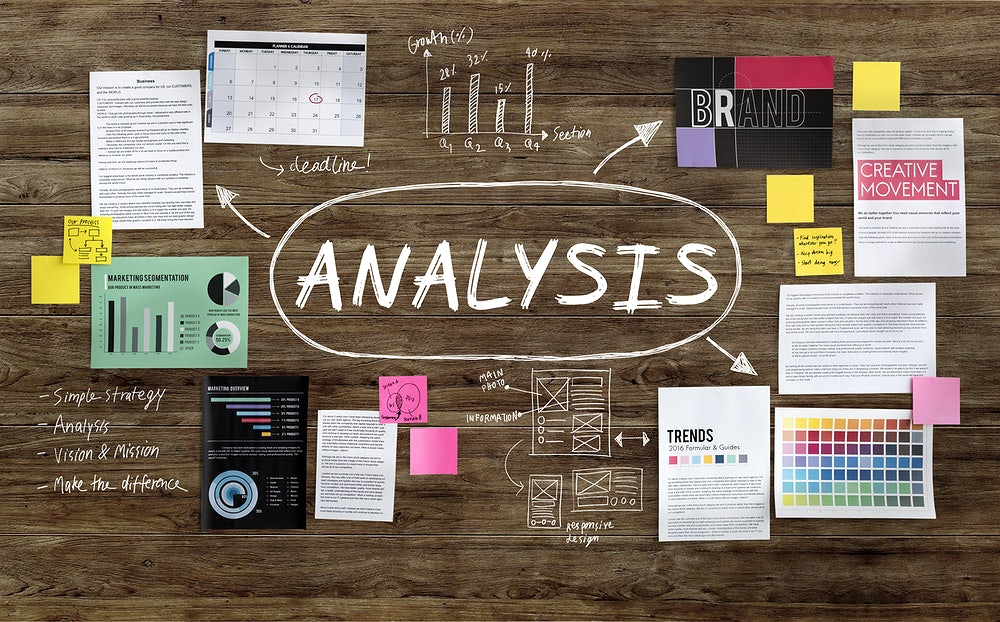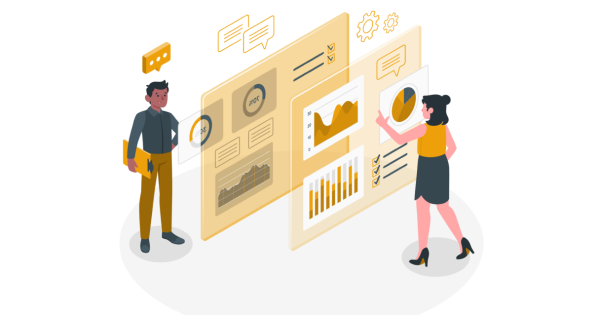Contents
Introduction
It is no surprise that companies like Walmart, Target, and Amazon use data analytics to understand business issues and gaps ahead of time to make better decisions on whether a business model is working or it isn’t.
When used correctly, data analytics will help your business grow and spot deeper hidden patterns within various departments of your store.
For an online retailer, it is trivia to determine the best product mix or marketing strategies or sales promotions but with analytics on your raw data, you can make better-informed decisions that would help you drive your store to achieve better goals. Imagine knowing in advance what your customers are likely to purchase and at what price point you should be selling in order to maximize your profits while maintaining the right demand with data analytics such details would not be so miscellaneous and trivial.
What is analytics?
Data analytics is simply the process of extracting hidden patterns for large datasets to reveal information on marketing trends, customer behavior and preferences, and many more. Data analytics empower business owners to derive values from information and make optimal business decisions.
Types of analytics
Descriptive Analysis
Descriptive Analysis is the foundation of data analysis. answering questions like “what exactly happened?”. It is based on historical data to better understand changes that have occurred in a business and serves as the backbone of dashboards and business intelligence tools.
Information such as KPI benchmarking, sales leads, and revenue is based on information derived from descriptive analytics.
Diagnostic analysis
The diagnostic analysis uses insights derived from descriptive analytics and drills down to find the causes of those outcomes. Diagnostic Analysis answers questions like “Why did it happen?” and provides a deeper understanding of business processes. This type of analytics helps companies create clear connections between data and behavior patterns.
Descriptive analytics helps learn why sales dropped at a time frame or if a marketing strategy worked allowing you to take progressive decisions.
Predictive analytics
Predictive analytics uses analytic techniques such as statistical machine learning models that leverage historical data to generate real-time insights and predict future events. Predictive Analysis answers questions like “What is more likely to happen?”. it considers the cause-effect relationships and interdependencies in trends and provides logical predictions based on them.
Predictive analytics derives information on sales prognostics, risk evaluation, and sales forecasting, and customers are more likely to upsell.
Prescriptive Analysis
Prescriptive Analysis directs questions to as “what is the best action to take for a scenario?”. Prescriptive analysis suggests which decision to make given the circumstances to increase growth and revenue. In complicated circumstances, the information provided from such analysis will lead to the best outcome for your store.
Prescriptive Analysis brings solutions as optimum prices, optimizing customer experiences, product scheduling, and inventory optimization.
Why consider analytics for your business?
- Determine issues before they damage your business:
Understanding the market trends and which products or strategies are no longer profitable allows you to maneuver as a business before damage is done to your bottom line. Also, understanding the shifts in consumer behavior and product sales gives you insights into the demands of your market thereby enabling you to design strategies or make strategic changes such as product pricing that can result in growing your revenue or at most reduce the damage to your profits.
- Investing in the right strategies:
For every online store owner, the resources are limited, which means that time and burn rate are critical factors to success. experimenting on marketing activities without knowing which are working leads to waste both time and money thereby since lack of accurate statistical information you are more likely to spend your budget on both profitable and unprofitable strategies which isn’t an optimized pipeline for generating profit. Analytical information derived from your data will help you make an informed data-driven decision and thereby help you invest only in strategies that help you grow.
How does data analytics help boost your business?
- Customer Segmentation and targeted campaigning:
Segmentation of customers into groups based on similarity in purchase habits, etc, and targeting them in a complex process but with data analytics, this process of identifying a company’s potential customers and choosing the customers to pursue, to creating value for the targeted customers by upselling and maintaining customer relationship preventing them from turning churn can be simplified.
- Sales forecasting:
Sales forecasting provides information by estimating future revenue by predicting the amount of product or services a sales unit will sell in a time frame. Information derived can help in managing your product demands, growth, etc.
- Optimized pricing:
Selling a product at the right price is important to bring in more customers while getting the most profit for the store owner. Ml models granulate the reason that drives the prices to then find the best price at which a product can maximize the revenue.
- Managing Demand and Supply:
The eCommerce business relies on stocking the right quantity of products. Too little stocking will lead to product deficiency and impact customer satisfaction and sales, while too much stocking may cause excessive costs and further irreversible loss on products with a short shelf life. Demand analysis on your data can help you estimate future product stockings based on past historical data, and also help plan marketing campaigns ahead of time. Demand analysis simply put allows online retailers to prepare a proper number of goods in the warehouse by predicting future sales.
- Customer Lifetime and Behaviour analysis:
Customer lifetime value is considered an important measure for understanding your customers. It provides the prediction to describe the value of the store’s relationship with a customer, and how much profit can that customer bring to your business. This information allows the store owners to understand the future value they can generate from their marketing initiatives.
Conclusion
We discussed what is analytics and few applications of analytics for your eCommerce business. With vizB you can drive your business alongside data analytics with just a few clicks. vizB is designed to be user-friendly and integrable with various technologies such as MailChimp, Slack, etc. vizB now can be directly integrated with your business data on Shopify allowing you to make data-driven decisions for your store.




